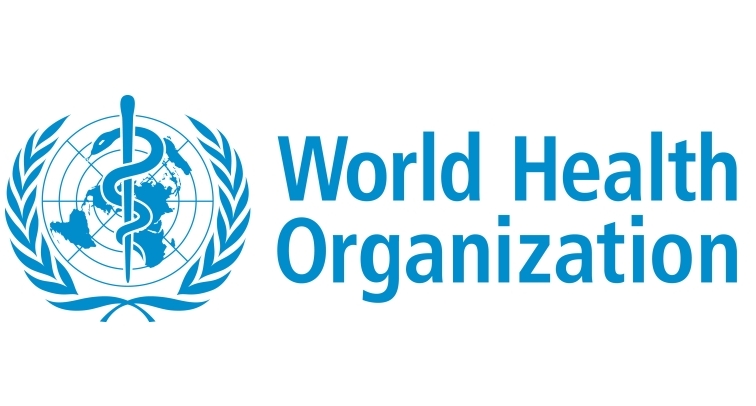WHO, African innovators partner to fight Covid-19
World Health Organization (WHO) in the African Region hosted the first in a series of virtual sessions for innovators across the region to showcase home-grown creative solutions aimed at addressing critical gaps in the response to Covid-19.

May 25, 2020: On May 20, World Health Organization (WHO) in the African Region hosted the first in a series of virtual sessions for innovators across the region to showcase home-grown creative solutions aimed at addressing critical gaps in the response to Covid-19.
Eight innovators from Ghana, South Africa, Nigeria, Guinea and Kenya presented their pioneering solutions, all of which have already been implemented in their respective countries, with significant potential to be scaled up further across the region.
The innovations ranged from interactive public transport contact tracing apps and dynamic data analytics systems to rapid diagnostic testing kits, mobile testing booths and low-cost critical care beds.
WHO has routinely called for a multifaceted and multisectoral approach to combatting and containing the Covid-19 pandemic in the region. Providing ongoing support and a regular platform to African innovators is a key facet of this, according to the organisation.
“Innovation propels human advancement. In times like these when we are confronted with a major public health emergency such as the Covid-19 pandemic, we know that our hope for a better tomorrow lies in finding creative, ground-breaking or avant-garde solutions,” said Dr Matshidiso Moeti, the WHO regional director for Africa.
“That is why supporting innovation is a critical component not only in our collective efforts to combat diseases in Africa, but to provide adapted solutions to ensure better health for all,” said Moeti.
The inaugural virtual innovation showcase put out a public call for submissions to the extensive network of WHO African innovators. In addition to those presenting, about 350 innovators and other interested parties joined the session, with many participating in a lively Q&A.
The virtual innovation sessions also aim to build on WHO’s inaugural “Hackathon”, hosted in April, which tasked small groups of participants with developing scalable concepts aligned with one of the eight pillars of WHO’s current Covid-19 response strategy: coordination; surveillance; risk communication and community engagement; points of entry; laboratory; infection prevention and control; case management and continuity of essential health services; and operational and logistics support.
The three highest ranking groups were awarded seed funding to begin implementing their innovations. WHO will look to provide further operational support to some of the best innovations highlighted in the virtual sessions.


